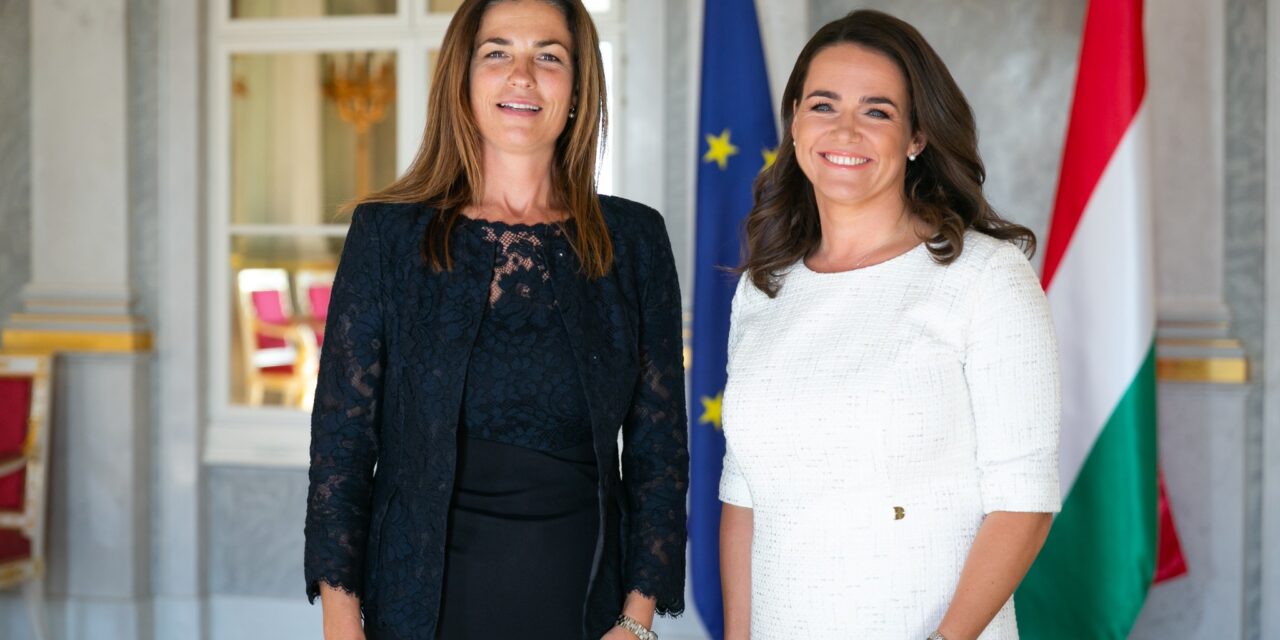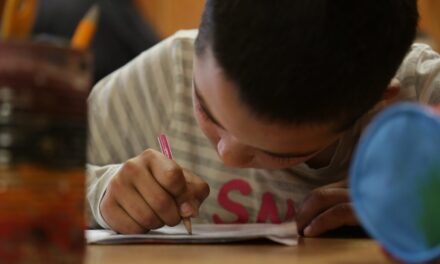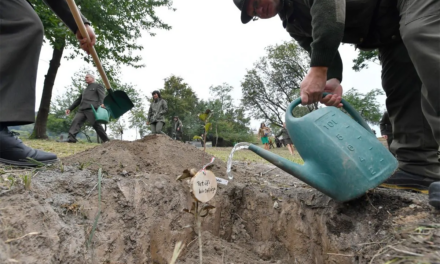Behind difficulties there is often opportunity. In the past few days, this is exactly what happened in Hungarian society in connection with the events that shook public opinion. Finally, it is possible to talk clearly about responsibility and consequences in political public life, concepts that were almost not present in everyday life in Hungary in the past decades - the Association of Christian Intellectuals (KÉSZ) explained its position in a statement in recent days , regarding the grace issue that defines public life in Hungary.
In the past few days, the pardon decision of the President of the Republic has turned into one of the most serious crises of confidence in Hungarian political life in the history of the National Cooperation System. It is perhaps not surprising to those who actively follow Hungarian public life that the various political parties are trying to assert their own goals in this political crisis situation. Also
it is customary for the tabloids to present and interpret everything that lies behind this case in an extremely simplified manner and sometimes intentionally concealing the facts.
In a matter of minutes, a certain narrative became dominant in relation to the issue: to portray the actors of the pardon case as complicit. In the midst of the trust crisis that had developed, there was neither way nor time to explore the actual background of the case.
In this situation
- in an extraordinary way and almost without precedent in Hungarian political history after the system change - those who, due to their position, were most in a decision-making position, clearly and quickly assumed responsibility.
They did not try to explain a decision that was wrong in the eyes of a significant majority of society, nor did they try to cover it up with excuses.
They accepted the consequences arising from their position and responsibly drew the necessary consequences. "For from the one who has received much, much is required, and from the one entrusted with much, more is required." (Luke 12:48)
For us, who stand for Christian and conservative principles in democratic public life, it is a joyful message that there are political leaders of the nation who recognize the consequences of political decisions at the given time and accept them, whether they are positive or negative. In this situation, it is extremely forward-looking from the point of view of the domestic politician that it has been revealed that there is still a free press, freedom of expression works, opposition political forces are able to appeal to the masses and political leaders must account for all their actions. In this extremely stressful situation, the most important lesson for us is that most of the opposition's accusations regarding the operation of power politics have proven to be lies.
What we clearly need in the domestic public opinion is the preservation of this momentum, the creation of transparency behind the decisions and the maintenance of credibility, especially in the conservative political camp. Because the past week was about this very thing, about the credibility of conservative politics. It was credible that the politician who took responsibility for the decision was the one whose whole character, the political achievement that actually united the nation, was the furthest away from anything related to actions against children. Katalin Novák, the first female president of our country, set an example now, as she had so many times before.
It was an extremely responsible decision to sacrifice his own future job and career to make it clear that he never wanted to assist in any serious crime against children.
It is also a serious example of accepting the consequences that, in addition to the President of the Republic, one of his most important advisors also left his leading position, the head of the Reformed community. This is a manifestation of the logic of responsible politics, because although it was not a matter of religion, but a matter of public policy, he made a wrong decision - based on our current information - when he stood by a fellow human being who, in his opinion, was innocently dragged and strongly connected to his church, as a presidential adviser. Bishop Zoltán Balog, who himself was at the forefront of politics as a minister, albeit with some delay, nevertheless felt the huge responsibility and the expectation of clear consequences, which was reflected both in his own denomination and from the side of the conservative camp.
In connection with the network of crimes behind the trust crisis that has erupted, we must emphasize:
we strongly condemn all abuse directed at children, any abuse committed against them, wherever and with whomever, in a children's home, in the family circle or in the midst of school conditions. "So whoever could do good, but does not do it, commits a sin." (James 4:17)
Based on all of this, the Association of Christian Intellectuals can only thank you that at the beginning of the Lent period there was an opportunity to prove the virtue of repentance in this serious matter, to stand up to the public in a moral way and set an example of what responsible political behavior is, the importance of accepting the consequences, and at the same time the false myth of politics without consequences.
Cover photo: Judit Varga and Katalin Novák
Source: Facebook/Katalin Novák












